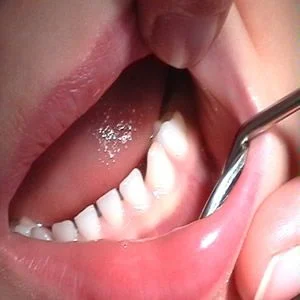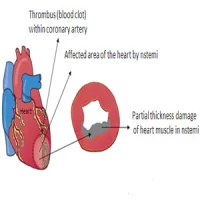A new study by the scientists at Forsyth and Boston University sheds more light on the connection between the mouth and the heart. The study, titled "Resolvin E1 Prevents Atheromatous Plaque Formation," will be published in print in the May issue of Arteriosclerosis, Thrombosis, and Vascular Biology (ATVB), a journal of the American Heart Association.
The study demonstrates that using an oral topical remedy to reduce inflammation associated with periodontitis can prevent vascular inflammation as well as reduce the risk of heart attack.
This is the first study that demonstrates the ability of an oral treatment for gum disease to reduce inflammation in the artery wall. The study also showcases how problems in the mouth and the way these problems are treated can have significant influence on other systems of the body including the heart.
"Our research is helping to underscore the very real link between oral health and heart disease," said Lead Investigator Hatice Hasturk, DDS, PhD, an associate member of Forsyth's Department of Applied Oral Sciences and director of Forsyth's Center for Clinical and Translational Research. "The general public understands the connection between heart health and overall wellness, and often takes appropriate steps to prevent heart disease. More education is needed to elevate oral wellness into the same category in light of proven connections to major health conditions."
CDC statistics show that heart disease accounts for one in four deaths in the US. This rate continues to increase. The findings from this study highlight the need to expand the public's understanding of risk factors beyond cholesterol, smoking, hypertension and diabetes and to increase the focus on oral health. Forsyth aims to play an active role in this by generating awareness of gum disease that affects nearly 64.7 million American adults. They aim to highlight that gum disease is a critical risk factor for heart disease and is independent from diet and lifestyle.
The researchers used a rabbit model of accelerated heart disease to demonstrate a range of atherosclerotic plaque stages that resemble those in humans. The research has been authored by Hatice Hasturk, Rima Abdallah, Alpdogan Kantarci, Daniel Nguyen, Nicholas Giordano, James Hamilton and Thomas E. Van Dyke.
Source: Forsyth Institute
Image Credit: Wikimedia Commons










